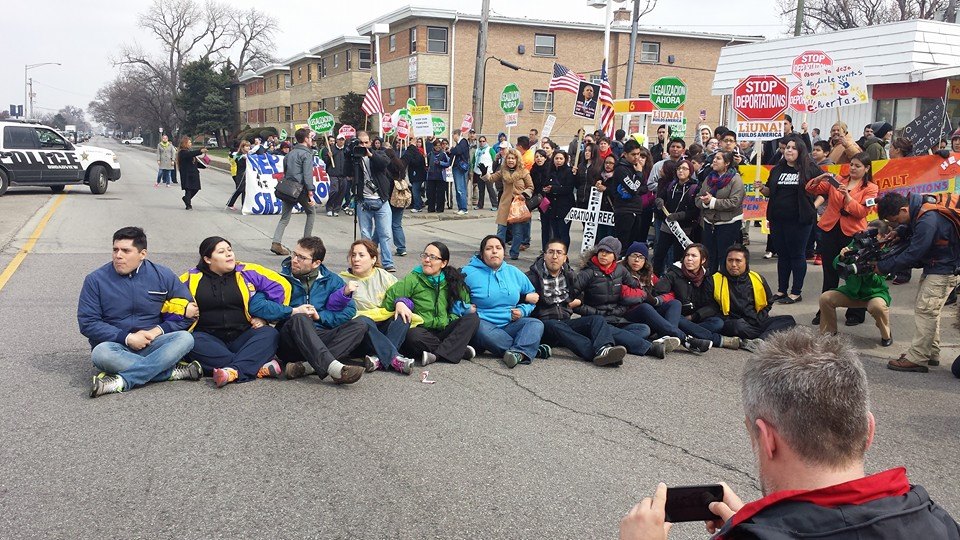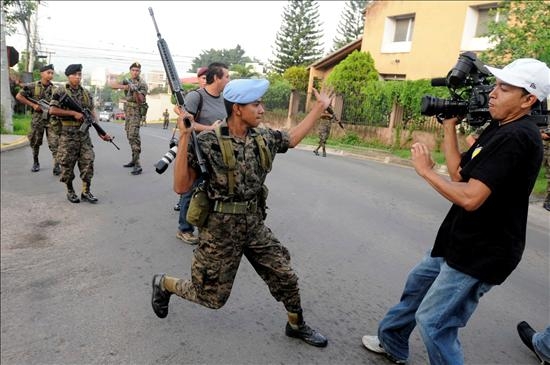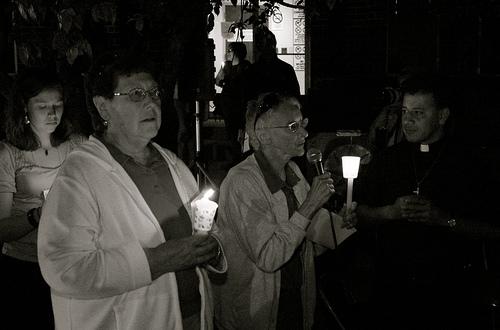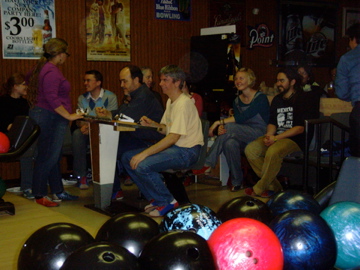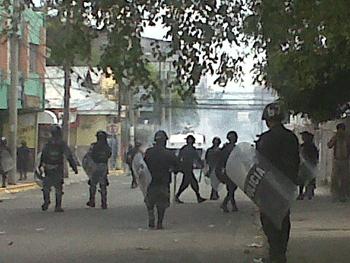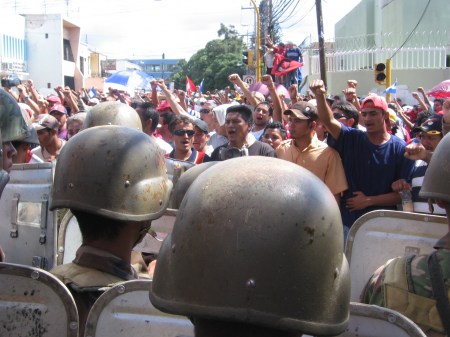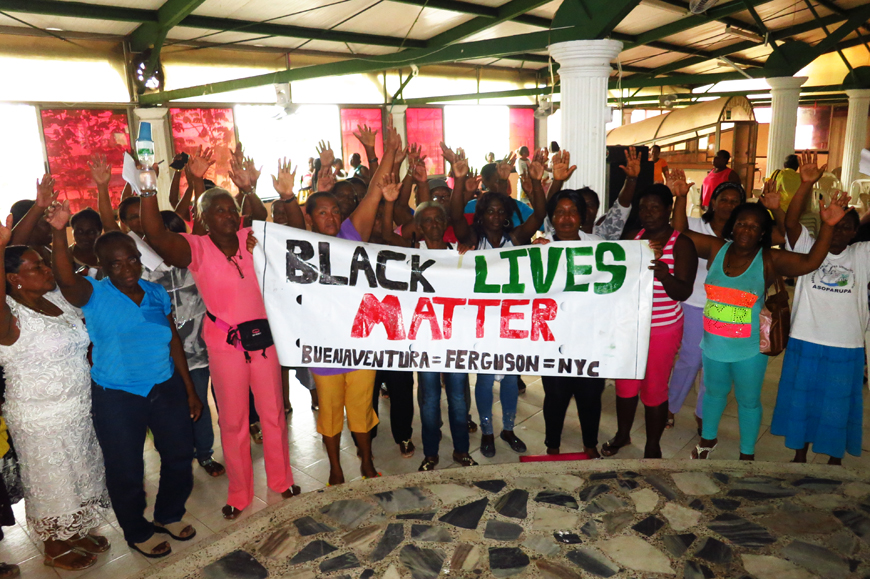CRLN board member, Sidney Hollander, and program director, Gary Cozette, are currently in Honduras on human rights delegation with our partners,
La Voz de los de Abajo
a Chicago-based group. Yesterday, on the anniversary of the coup, the group attended the Resistance March in Tegucigalpa, in solidarity with the Resistance movement and in protest of the on-going human rights abuses committed under coup-successor, President “Pepe” Lobo. Below is a letter from Gary and pictures from the march.
Dear CRLN Members and Friends,
Yesterday, our Chicago delegation accompanied the lively, diverse Resistance March in the Honduran capital of Tegucigalpa. Sidney Hollander, the CRLN Board member on this delegation, calculates turn-out by about how many people can fill a baseball stadium, which he estimates at 40,000. His guess? A shade under 40,000. Others estimated as high as 100,000. We heard unconfirmed reports that some buses coming to the march were not allowed to enter Tegucigalpa. The reason the numbers were lower in Tegucigalpa than in previous major marches is in large part because the Frente has decided to decentralize them. Subsequently, major marches took place in all parts of the country yesterday. In Tegucigalpa, I was amazed by the great number of young people, ages 14-25, participating with great creativity. We hope to have pictures on our web site soon. In the mean time, you can see pictures from one of the web sites noted below in today’s
Hemispheric Brief
coverage of the coup anniversary.
On a negative note,
Berta Caceres,
a key leader of COPINH, the national indigenous organization of Honduras, was taken captive by military police in the town of La Esperanza. After the local population mobilized at the police station and an urgent action alert went out, Berta was released several hours after her capture. However, the police confiscated from Berta 400 signed affidavits seeking a national Constitutional assembly. The Resistance Front is organizing across Honduras to secure over 1 million signed affidavits to convene a national constituent assembly to draft a new Constitution to replace the current one drafted in 1982 amid the Cold War violence of the 1980s. Diverse sectors of Honduran civil society in the resistance movement tell us that the current Constitution is privileging the interests of the oligarchy, the elite and transnational corporations seeking to “loot” their national resources.
Gary L. Cozette, Program Director
Hemispheric Brief – June 29, 2010 / Excerpts covering Honduras
In Honduras, more on the one year anniversary of the coup.
IPS has a good report
from Thelma Mejía who says “defacto” military veto power in the country continues to block any possible political or electoral reforms in the country. The story comes after the head of the Honduran Supreme Electoral Court (TSE) said the possibility of ending the military’s role as the transporter of ballot boxes during elections was being considered. Just days later, however, the TSE changed its tune entirely after a meeting with senior military officials. According to IPS, the TSE now it “will seek to ‘expand’ the functions of the military [in the electoral process], including the possibility of allowing members of the armed forces to vote. According to Leticia Salomón, an expert in military affairs, one of the most significant consequences of last year’s coup has been the growing role of the military in the public sphere. The country now has “highly politicized security forces, and in the case of the military, the leadership has become a decision-making body, says Salomón.
The pro-coup
El Heraldo
reports on FNRP protests yesterday, saying only about 2000 individuals showed up for marches in the capital commemorating last year’s coup. I haven’t seen figures from the FNRP itself yet but
Vos el Soberano
does have photos. Pro-coup
La Tribuna
, meanwhile, reports on FNRP marches in San Pedro Sula where some 3000 resistance members took a bridge for nearly three hours. Meanwhile, the FNRP announced it had collected
some 600,000 signatures
in favor of holding a constituent assembly. For his part, Mel Zelaya watched events from the Dominican Republic. In a letter released on the coup’s anniversary, Mr. Zelaya’s harshest words were saved for the United States, which, he now claims, was “behind the coup.” As the
AP
reports, Zelaya cited what he called the “public support the United States wound up giving to the coup.” And RAJ at
Honduras Culture and Politics
has a list of recommendations about what the Lobo government could do to start a process of real national dialogue. I recommend reading in-full.
